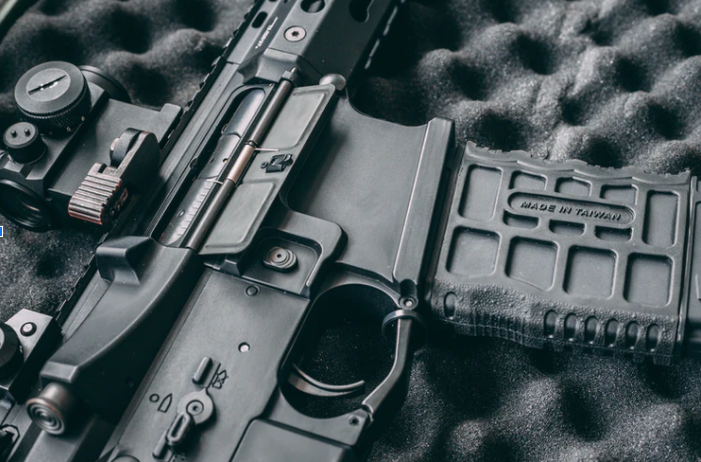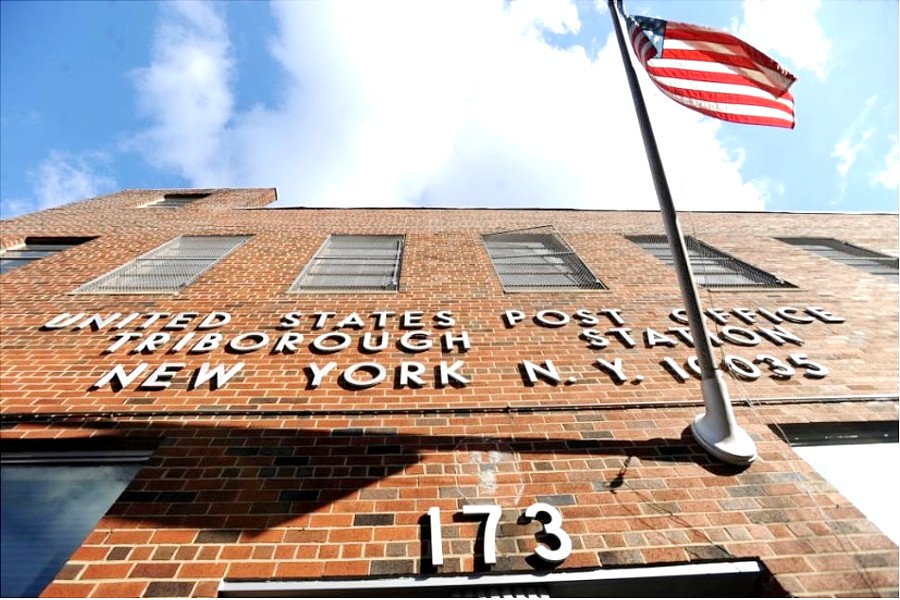
Today, the New York State Senate passed legislation co-sponsored by Senator Anna M. -North Hills), S.51001.
This is in response to the US Supreme Court’s disastrous decision in NYSRPA v. Bruen that overturned New York’s century-old gun safety law regulating the concealed possession of a firearm.
While the ruling issued by the Court’s extreme conservative majority invalidated existing concealed carry permit restrictions, the decision does allow states to issue licensing requirements for carrying a firearm.
Today’s action works within the framework laid out by the court to address the problems created by the decision in order to protect public safety.
Senator Anna M. Kaplan said “For a century, New York had common-sense laws on the books that protected residents from the threat of gun violence by regulating who can have a gun, and where they may carry it. Last week, an activist Supreme Court packed with ultra-conservative Justices upended a century of legal precedent, and put the safety of every New Yorker at risk. Today, we put the pieces back together and fixed what the Supreme Court destroyed because we refuse to let our communities fall victim to the unnecessary pain and suffering that gun violence inflicts.”
The legislation passed today enhances licensing requirements for concealed carry permits, adds new provisions for sensitive areas where a permit holder is prohibited from carrying a concealed firearm, enhances safe storage requirements, and makes technical changes to the Body Armor Law.
It builds on the work of Senator Kaplan and the Senate Majority to strengthen New York’s strong gun safety laws in the wake of the tragic mass shootings in Buffalo and Uvalde.
Specifically, the legislation, S.51001,
- Creates a permitting process for concealed carry. Applicants for a concealed-carry permit must meet in person with a licensing officer for an interview to determine character and trustworthiness to handle a firearm. During the interview, an applicant must disclose the names of any partners, minors, or cohabitants who share a residence, they must provide at least four character references, certify completion of required training, certify that they have no convictions for disqualifying offenses, and provide a list of all social media accounts for the last three years to be reviewed by licensing authorities for verification purposes.
- Creates a list of sensitive locations where concealed carry is prohibited, makes criminal possession of a weapon in a prohibited area a Class E felony. Prohibited areas include federal, state or local government buildings, including courts; places providing health or medical care such as hospitals, nursing homes, domestic violence shelters, medical campuses, behavioral health, and chemical dependency facilities; houses of worship; places where children gather including schools, libraries, daycare centers, playgrounds, parks, and zoos; state-regulated facilities under OCFS, OPWDD, OASAS, OMH, and OTDA; public transportation facilities; establishments where alcohol or cannabis are consumed; locations being used as a polling place; educational institutions including schools and colleges; theaters, stadiums, arenas, racetracks, museums, amusement parks, performance venues, casinos, and venues for athletic games or contests; any public sidewalk restricted from access for a permitted special event; any gathering of individuals who are collectively expressing First Amendment rights of protest or assembly; and Times Square in Manhattan. The prohibition of carrying weapons in sensitive areas does not apply to police officers, peace officers, armed security guards, active-duty military personnel, or any person who is lawfully engaged in hunting.
- Strengthens Safe Storage Laws. The bill expands existing safe storage laws to require all guns to be safely stored in the home if a person under the age of 18 lives in the home.
- Fixes the Body Armor Law to clarify that body armor is prohibited for sale to individuals unless they are police officers, active duty military, or are engaged in another similar profession.
- Strengthen Background Checks by establishing New York as a “point of contact” state, requiring gun dealers to contact the State Police to conduct the background check that must be done before an individual can purchase a gun.
- Establish an ammunition database requiring any seller of ammunition to keep a record of all ammunition sales.
Click here to find out more about gun control in Harlem, NY.
Become a Harlem Insider!
By submitting this form, you are consenting to receive marketing emails from: Harlem World Magazine, 2521 1/2 west 42nd street, Los Angeles, CA, 90008, https://www.harlemworldmagazine.com. You can revoke your consent to receive emails at any time by using the SafeUnsubscribe® link, found at the bottom of every email. Emails are serviced by Constant Contact








